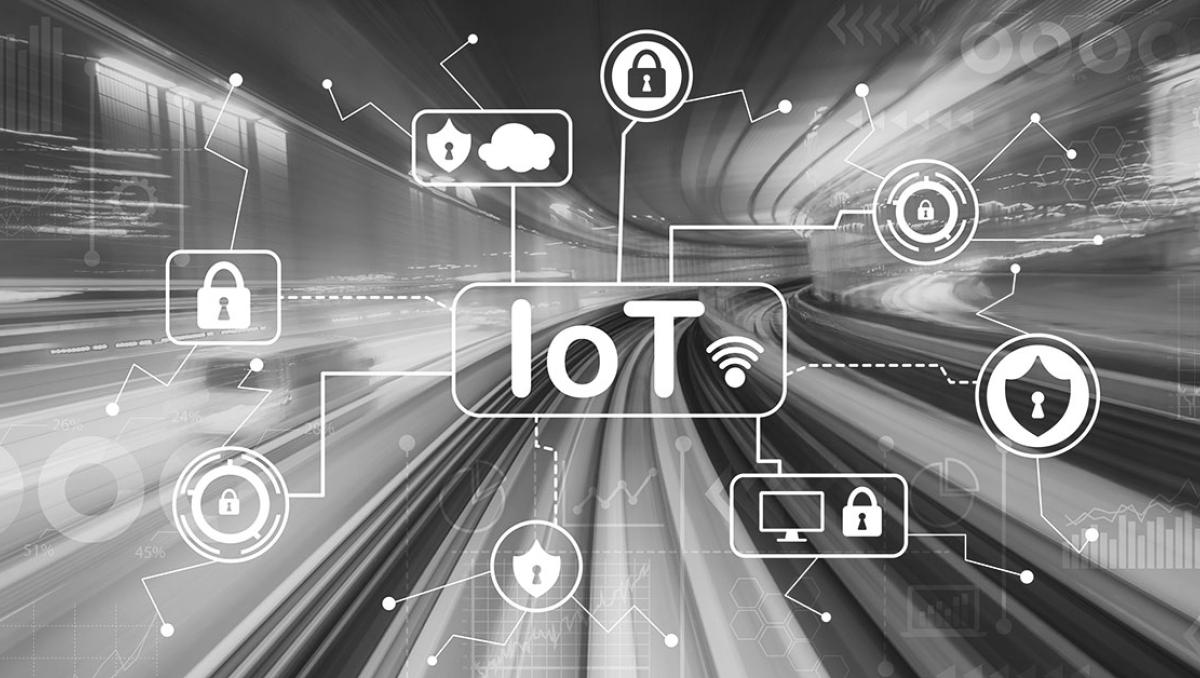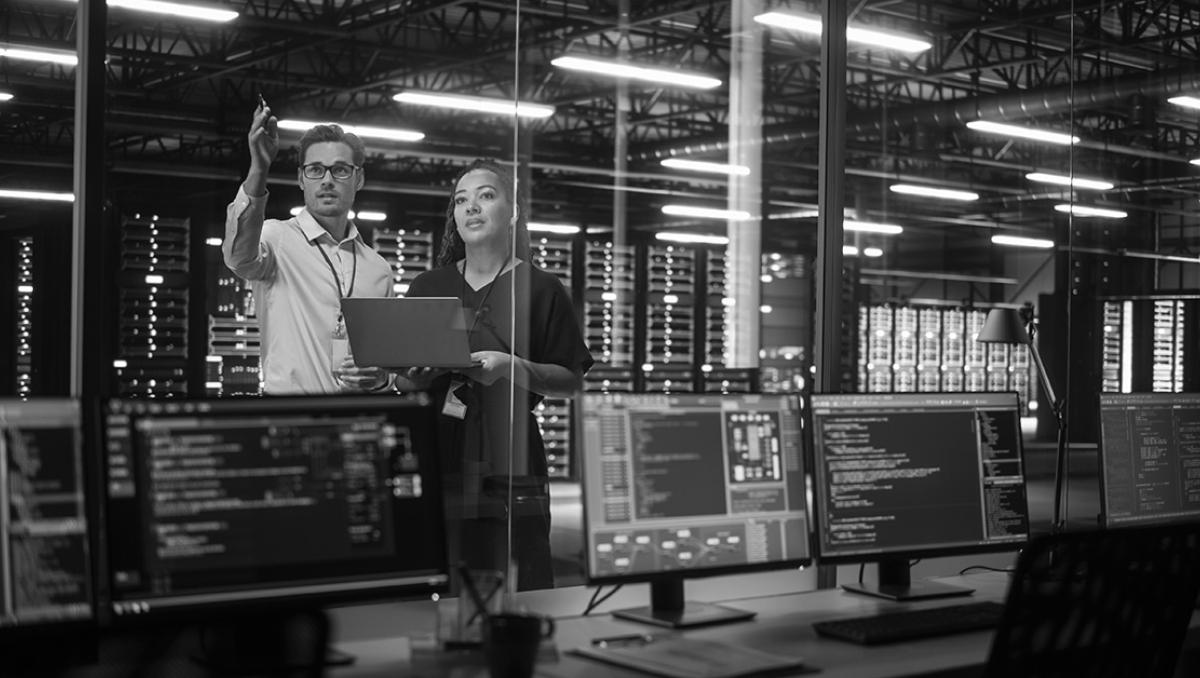
Summary: Amid recent advancements in Iran’s space program, Western nations and Israel brace for potential cybersecurity threats that could compromise sensitive information and disrupt global satellite communications.
Recent advancements in Iran’s space program have raised cybersecurity alarms across Western nations and Israel. The increasing capabilities demonstrated by Iran in space technology have led to concerns about the potential for these technologies to be repurposed for espionage or disruption of satellite communications.
Although Iran claims its satellite launches are for legitimate scientific and development purposes, the dual-use nature of this technology makes it possible to use it in harmful ways. This causes particular unease among nations wary of Iran’s geopolitical strategies and its nuclear ambitions.
Satellite security expert Dr. Gregory Falco has highlighted one specific weakness in satellite design known as the ‘chatty bus’ vulnerability. This design flaw could allow a cyber attacker to clog the communication pathways of satellites, potentially leading to significant data breaches or the loss of control over satellite functions.
The threats posed range from advanced cyber-attacks like Distributed Denial-of-Service (DDoS) to espionage methods that could extract sensitive information from defense and healthcare sectors of the targeted nation. Such potential threats underscore the importance of rigorous cybersecurity measures in safeguarding satellite systems.
In response to these challenges, there is a growing reliance on artificial intelligence (AI) for precautionary measures. AI tools are crucial for identifying unusual activity, understanding foreign-coded communication, and scrutinizing satellite software code for vulnerabilities.
Robust cybersecurity protocols, including ongoing AI-powered surveillance and persistent updates to defense strategies, are vital. With the stakes so high, global satellite operators are urged to maintain strict vigilance and implement state-of-the-art security measures to ensure the integrity of critical infrastructure and preserve international security.
For insights into global space industry trends, agencies like NASA and private companies like SpaceX provide updates that reflect the continually evolving landscape of space exploration and its associated security requirements.
Global Space Industry Growth and Issues
The space industry has been undergoing significant growth with numerous countries and private entities investing heavily in space technology. Advancements in miniaturization, computing power, and material sciences have drastically reduced the costs and barriers to entry for space launches, satellite deployment, and other space-related activities. The market forecasts for the industry predict a compound annual growth rate (CAGR) that is indicative of both its current dynamic state and its potential for future growth.
Several factors contribute to this growth, including the increasing demand for high-speed internet, which requires satellite technology to reach remote areas, and the role of satellites in global communications networks. There is also a significant uptick in the utilization of Earth observation satellites for disaster management, environmental monitoring, and military surveillance.
The global satellite internet market alone is poised for expansion with companies like Starlink and OneWeb determined to provide broadband services worldwide. Additionally, the defense sectors in various countries are expanding their satellite capabilities to enhance national security.
Cybersecurity Concerns and Solutions in the Space Sector
As the industry grows, so does the attention it draws from potential cyber threats. The increasing complexity of satellite networks might play into the hands of adversaries seeking to exploit any vulnerabilities. Issues such as the ‘chatty bus’ vulnerability pointed out by security experts underscore the importance of cybersecurity in the design and operation of satellite systems.
Several businesses and government entities are investing in cybersecurity for their space assets. Part of this investment is funneled into emerging technologies, like AI, to develop predictive analytics for threat detection and response. This level of attention also involves upgrading encrypted communication methods between ground stations and satellites, as well as improving the physical security of ground-based infrastructure.
To address these challenges, companies like Lockheed Martin and Northrop Grumman, known for their defense and aerospace solutions, are continually innovating in space cybersecurity. Collaboration with agencies, such as the U.S. Space Force and the European Space Agency, is also crucial in developing comprehensive strategies to mitigate these risks.
The potential threats that loom over the global satellite communications systems, both from nation-states and non-state actors, highlight the importance of international cooperation and coordination. The sharing of information and cybersecurity best practices among allied nations and partners goes a long way in reinforcing the overall security of the space infrastructure.
Given the importance of satellites to a variety of industries, including telecommunications, the military, and environmental monitoring, ensuring the protection of these space assets is not just a matter of national security but also of global economic stability and safety. As such, the global community must remain vigilant and proactive in the face of evolving cybersecurity threats to the space industry.
[embedded content]

Roman Perkowski is a distinguished name in the field of space exploration technology, specifically known for his work on propulsion systems for interplanetary travel. His innovative research and designs have been crucial in advancing the efficiency and reliability of spacecraft engines. Perkowski’s contributions are particularly significant in the development of sustainable and powerful propulsion methods, which are vital for long-duration space missions. His work not only pushes the boundaries of current space travel capabilities but also inspires future generations of scientists and engineers in the quest to explore the far reaches of our solar system and beyond.



